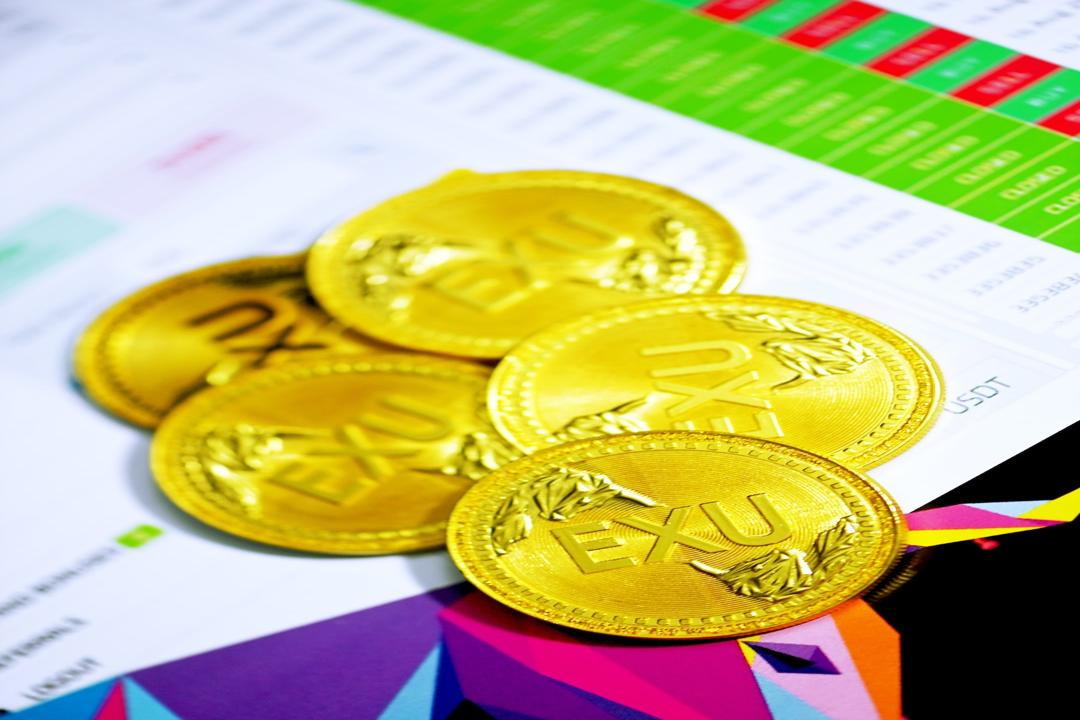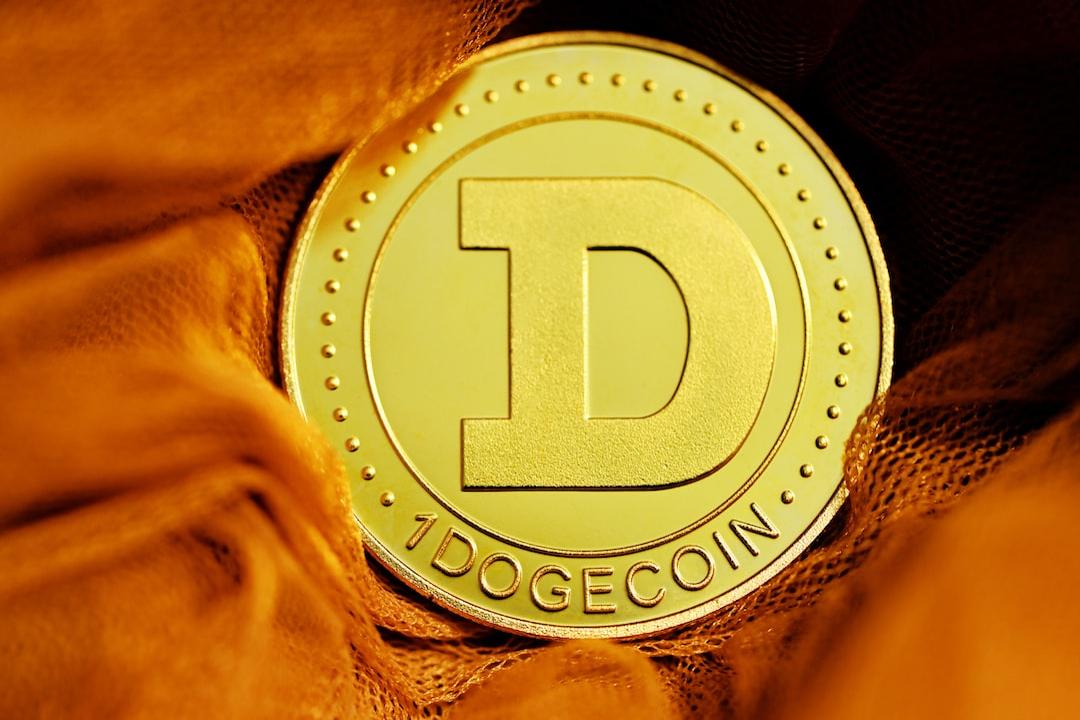
KPMG Affirms Institutional Investors Turning to Cryptocurrency as a ‘Hedge Against Debasement’ Amid Increasing US National Debt
KPMG, one of the largest accounting firms in the world, has reported that investors are increasingly turning to cryptocurrency as a way to protect themselves against the devaluation of traditional currencies by central banks. In a recent report focusing on the Canadian market, KPMG revealed that in 2023, 50% of financial service providers surveyed in the country offered crypto asset services, marking an increase from 41% in 2021. The study also highlighted that 39% of Canadian institutional investors had exposure to cryptocurrencies in 2023, up from 31% in 2021.
Kareem Sadek, the Emerging Technology Risk leader and co-leader of KPMG’s Digital Assets practice, emphasized that Canadian institutional investors have grown more comfortable with cryptocurrency for two main reasons. Firstly, Canada has been at the forefront of creating a regulatory framework that supports innovation in crypto assets. The country has approved the first Bitcoin and Ethereum exchange-traded funds, as well as allowing sophisticated strategies involving derivatives and Ethereum staking. Secondly, the rising prices of crypto assets have undoubtedly contributed to the growing interest from institutional investors.
Kunal Bhasin, partner and co-leader of KPMG in Canada’s Digital Assets practice, further explained that institutions in Canada are also turning to crypto assets as a means to safeguard against the devaluation of national currencies. The combination of increasing US debt and inflation has served as a catalyst for the crypto rally in 2023. As a result, investors are seeking alternative asset classes that can act as a hedge against currency devaluation and provide a reliable store of value. KPMG’s survey findings suggest that crypto assets are increasingly viewed as a viable alternative investment among Canadian institutional investors and financial services organizations.
It is important to note that the opinions expressed in this article are not investment advice, and individuals should conduct their own research before engaging in high-risk investments in Bitcoin, cryptocurrencies, or digital assets. Transfers and trades are done at one’s own risk, and any losses incurred are the responsibility of the individual. The Daily Hodl, where this article is published, does not endorse the buying or selling of cryptocurrencies or digital assets, nor does it provide investment advice.







